“I didn't really understand how any of it worked. We were just young and up for anything”: The Postal Service on creating indie-electronic classic Give Up
Jimmy Tamborello, aka Dntel, on creating the seminal work of ‘indietronica’ with Death Cab’s Ben Gibbard
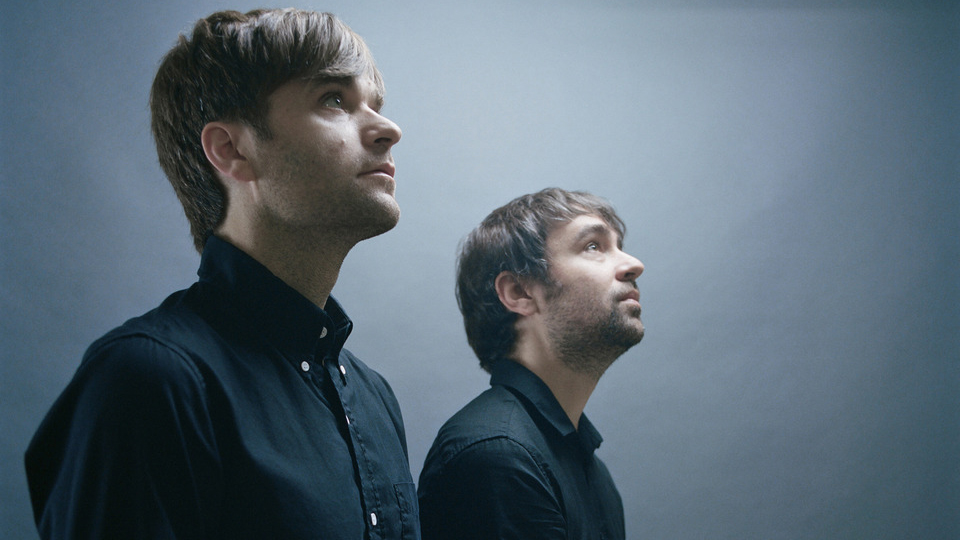
Want all the hottest music and gear news, reviews, deals, features and more, direct to your inbox? Sign up here.
You are now subscribed
Your newsletter sign-up was successful
The Postal Service seemed like a fitting name for the combined efforts of producer Dntel aka Jimmy Tamborello, and Death Cab for Cutie singer Ben Gibbard. It was a nod to the snail mail process with which they shipped tracks back and forth, and was arrived at just as loosely and randomly as the music they were having so much fun making.
Their one and only album, aptly named Give Up, was a mix of lo-fi strains of ’indietronica’ which immediately won fans tired of the bright and brash front-page rockers championed by the music machine of the day. Jimmy, toiling his bedroom studio in LA, whipped up the tracks, imagining the vocals his long-distance writing partner might add.
I guess I'm always trying to fill up the songs up in some way. I'm not good at being minimal
“We didn’t even know each other that well,” explains Tamborello. “I think that helped us to figure out our parts, on our own.”
Jimmy, by his own admission not a very fast worker, would spend his sweet time disappearing down musical rabbit holes, inspired by everything from contemporary labels like Kompakt and DFA to ’80s power pop, the drum programming on Björk’s Homogenic album and Aphex Twin’s drill ’n’ bass. All the while testing the limits of his trusty Kurzweil K2000RS – the workhorse at the centre of his set-up.
“It was mostly the only thing I used for sounds back then,” he says. “I was really familiar with it.
“[The album] was a mix of that and stuff coming from the computer. It all went through effects pedals and onto a second computer, where I'd record masters.”
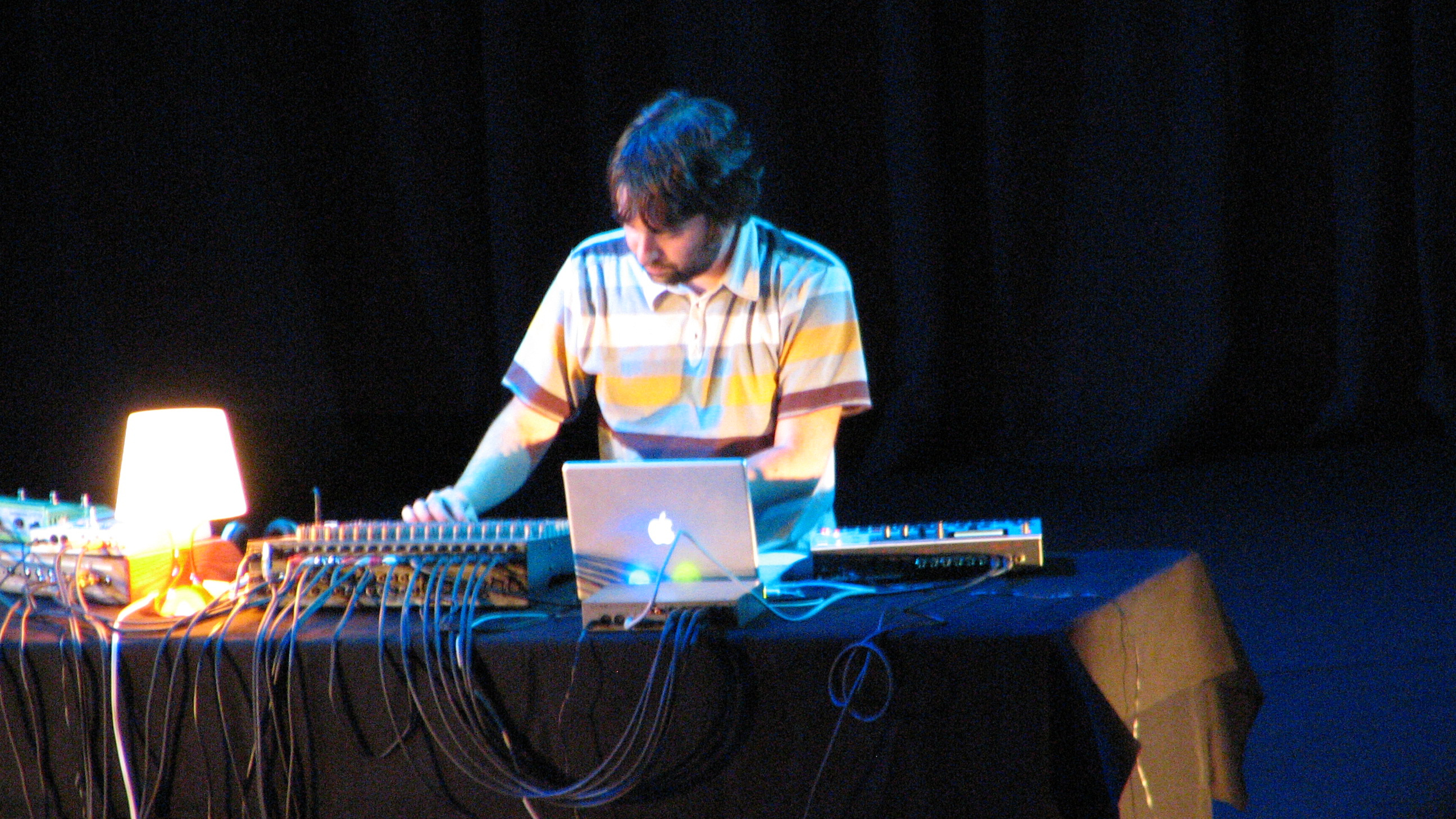
Other production mainstays like compression or side-chaining didn’t really factor in.
Want all the hottest music and gear news, reviews, deals, features and more, direct to your inbox? Sign up here.
“There’s none of that on the album,” he says. “I didn't really understand how any of that worked. We were just young and up for anything.”
The album would become the second biggest release on Sub Pop (after Nirvana’s debut), and wind up with a platinum plaque for its troubles. Not that they saw that coming.
“We both really had no expectations,” says Jimmy. “We were just up for doing things because we thought they would be fun.
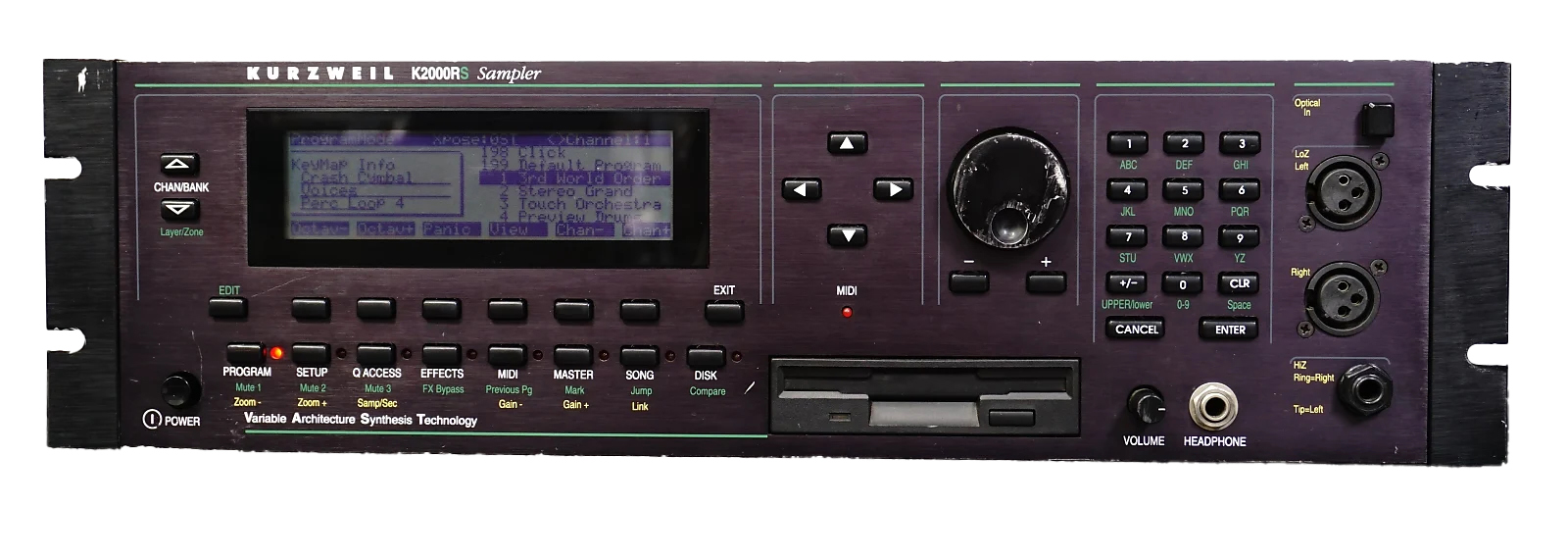
“My studio was in my bedroom in LA. Dying Songs is what I called it. I had whatever Apple laptop was out at the time and I was using Cubase 5.
“My main sampler was a Kurzweil K2000RS rack sampler-and-synthesizer. I’ve recently brought it back out to work on stuff for the new tour. It had, like, one universal effect that you could apply to whatever tracks you want, but that was about it. You could have eight outs, so I had eight from that, and then eight outs from my computer, all going into a Mackie [1604] mixer.
“Then for effects I used a Line 6 delay pedal and the Alesis MIDIverb. I think I also had a microKORG and a Nord Modular that I used a little bit. I know I used [NI] Battery for the drum plugin. But, that was it. I didn’t really have a lot.”
Give Up track-by-track with Jimmy Tamborello
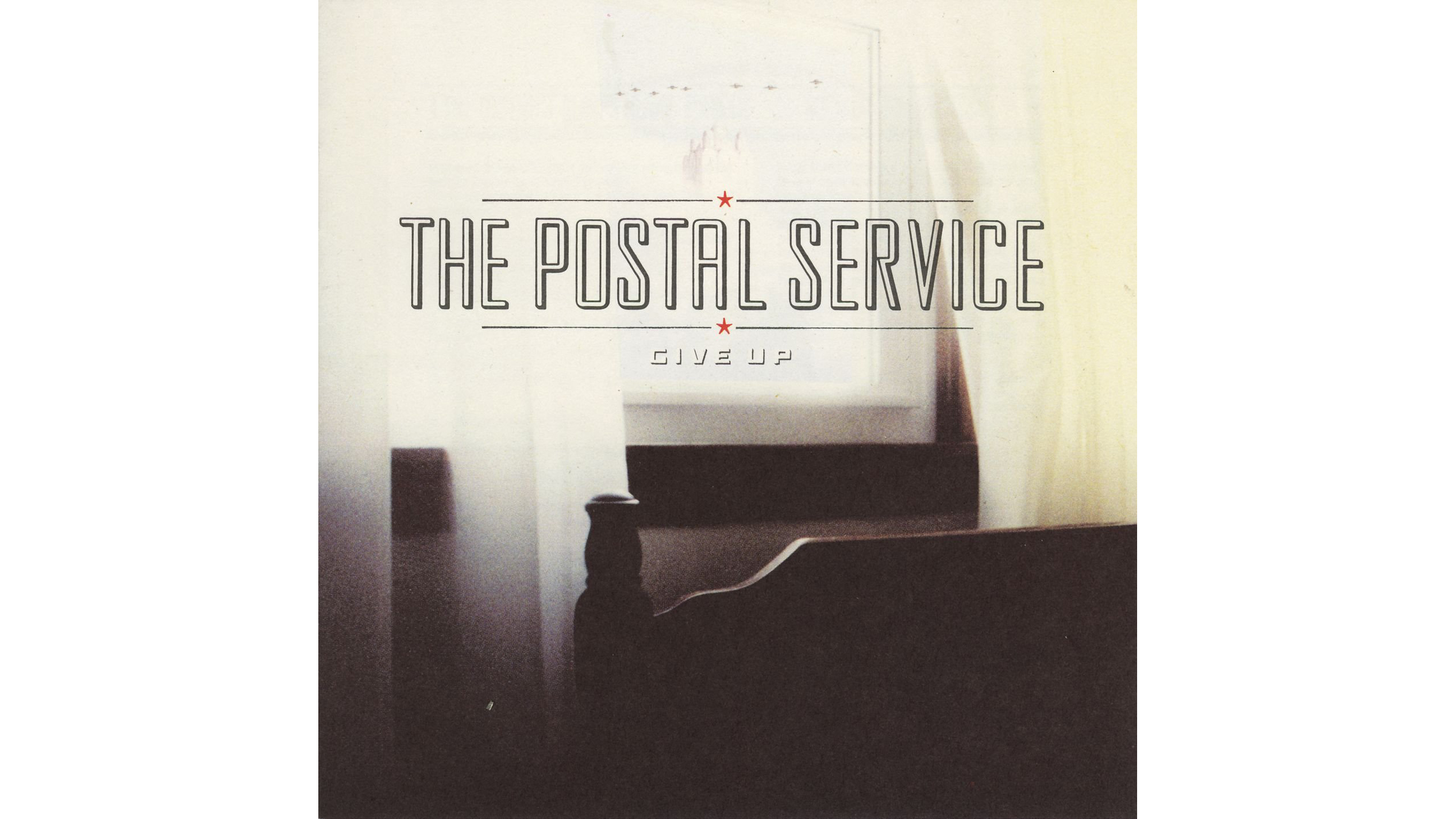
1. The District Sleeps Alone Tonight
“This was, I think, the first one I made to send to Ben. It was really inspired by a Björk track, at the beginning, and then it kind of goes into a section inspired by [German electro-poppers] Lali Puna. The Björk album I liked was Homogenic. Then it’s just all these, like, real loose ideas, but with that Björk drum pattern [underneath]. It’s kind of glitchy.
“Lyric-wise, I won't have many answers for you. I mean, I was more focused on the melodies that Ben was singing, and the way his voice sounded on the track. I've never been great at focusing on the words, so I left that up to him.
“I sent Ben two songs to start. It was this one and Brand New Colony, and he sent them back to me and that kind of told us where to go from there. Originally, I’d wanted it to be a little more experimental, a little bit more like what I was doing with Dntel. But, for some reason, the first songs I sent him were both pretty and poppy.”
2. Such Great Heights
“This ended up being the most popular song, and I think it was the last song we made. I feel like we knew, once we made it, that it was the hit on the album. Even though, at that point, it would have been a joke to call it that.
“I think we just wanted another upbeat song. Originally, we were making a cover song and it wasn't really working out, but we liked the kind of track, so we used the same palette of sounds. It doesn't follow what the cover was at all. There's no way to recognise it, but we just used the sounds from it and reworked it, and it became this.
“Do I remember what the cover was? I do, but I still get scared to talk about what it was, just in case…I really think it would be fine, but just to be safe, yeah…”
3. Sleeping In
“Lyrically this one’s about the assassination of JFK. That was definitely a surprise. It was always fun to have no idea what Ben was gonna sing about, and to see, like, how he was translating the music I was making. Finding out what, thematically, he was hearing in the music.
“That was a pretty playful instrumental. A lot of the percussive sounds in it were just me with a mic, tapping stuff in the kitchen and stuff like that. I mean, that was a popular thing at the time.”
4. Nothing Better
“This features Jen Wood on vocals. When I made it, I didn't know that Ben would turn it into a duet, but I liked that. I hadn't ever met Jen but I'd seen her old band, Tattle Tale, years before.
“Was this inspired by ’80s synth pop? I don't know if I thought that at the time, but definitely now, I think it’s kind of like a Human League song. I think it was probably more inspired by the kind of music made by LCD Soundsystem. A mix of all that, with a kind of heavier club sound to it – it’s me trying to do that, so it came out a little goofier, not as dark.”
5. Recycled Air
“That one, I feel like it definitely had this shoegaze inspiration in it, and then the beat is a little bit more electro. It started with just a lot of swirly sounds as a bed; I feel like that probably triggered Ben to think of being in an aeroplane, like floating in the clouds.
“The palette of the drum sounds was definitely electro-y, but then, it moved a little bit differently. I liked skittering, Timbaland-type beats back then. I guess I'm always trying to fill the songs up in some way. I'm not good at being very minimal.”
6. Clark Gable
“This one also has a kind of a dance punk thing. The Rapture, and stuff like that, was probably an inspiration, even though it's not threatening or ominous like that. The horns, I think, make it kind of disco.
“I was happy with the horn parts. All the orchestral stuff on the album was just blind sampling from old classical records. It was really just me randomly putting the needle down on a record, and then forcing it to fit into the song. But, so many times they'd end up being the main sounds of the track, and really dictating what the feel of the track was.”
7. We Will Become Silhouettes
“I didn't expect those lyrics [Ben singing about the human silhouettes left after an atomic blast]. I thought I was trying to make something really lush and pretty – more of a techno song. Even though it's kind of fast, it’s inspired by a lot of stuff that Kompakt records was doing at the time. That kind of loopy, pretty techno.
“I think I probably started with the loop that the song starts with. Then I made the bass with something from the K2000. A lot of the drums on the album were kits in [NI] Battery, I don't really remember where I was getting the kits from. Who knows? It's just like a hodge-podge of sounds.”
8. This Place Is a Prison
“I like the drum stuff on this one. I made some drum patterns and then ran those through the Line 6 delay pedal, turning the time so it was getting really wonky. Then I would cut that audio and make it fit back into time [with the track]. I feel like that's probably what triggered Ben to sing about drinking. Like, it's kind of a woozy song. I was really happy with how the end of that song came out.
“It's got the explosive part. Ben recorded some drums for that one, which came out really big. That only happened on a couple of songs. That part always reminds me of Disintegration-era Cure. It’s like that, but I think we were going further.”
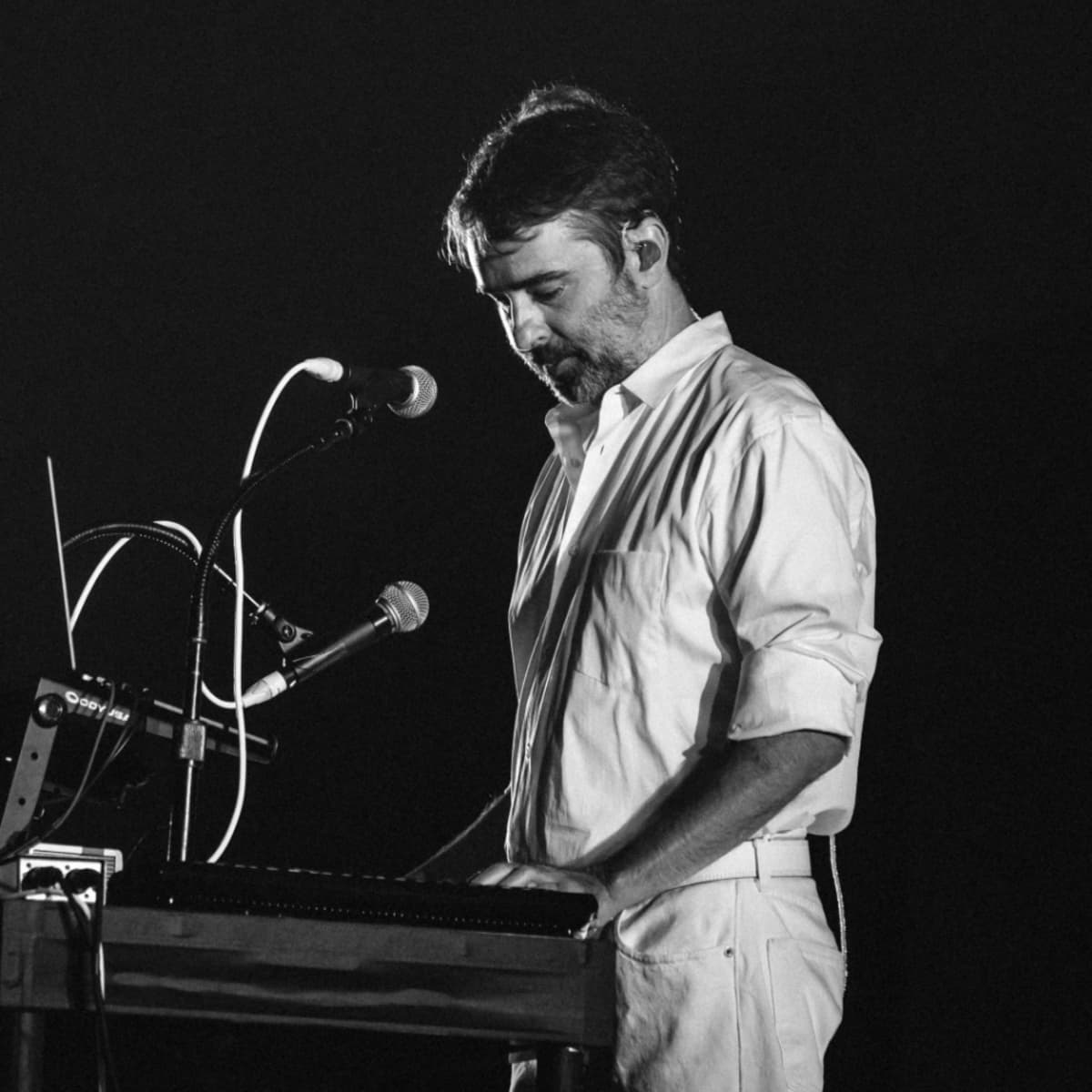
9. Brand New Colony
“More bleeps and blips. I think I must have been inspired by chiptune music, and the video game side of things.
“Again, the strings would be an old classical record sample I’d randomly found. I’d get old records – It’s always just dollar bin stuff, just grabbing whatever – and I didn't keep very good track of what I was grabbing stuff from. But, mostly it's always, like, reversed and pitched and stuff.”
10. Natural Anthem
“That one I liked a lot. There’s this band, Third Eye Foundation, that I liked a lot. I was into a lot of their noisier stuff, and music from Aphex Twin. I was really into that stuff, but I didn't think there was much room for those kinds of sounds on this album. I wanted to get in a little bit of the noisier stuff here though.
“With the beats it was, kind of, my attempt at jungle. I only had a surface knowledge of it, and I was getting it more from the drill ’n’ bass stuff that artists like Aphex Twin were doing. I don't know what I expected Ben would do with it, because it didn't really seem like it had a lot of room for vocals. It ended up being a really good outro song.”
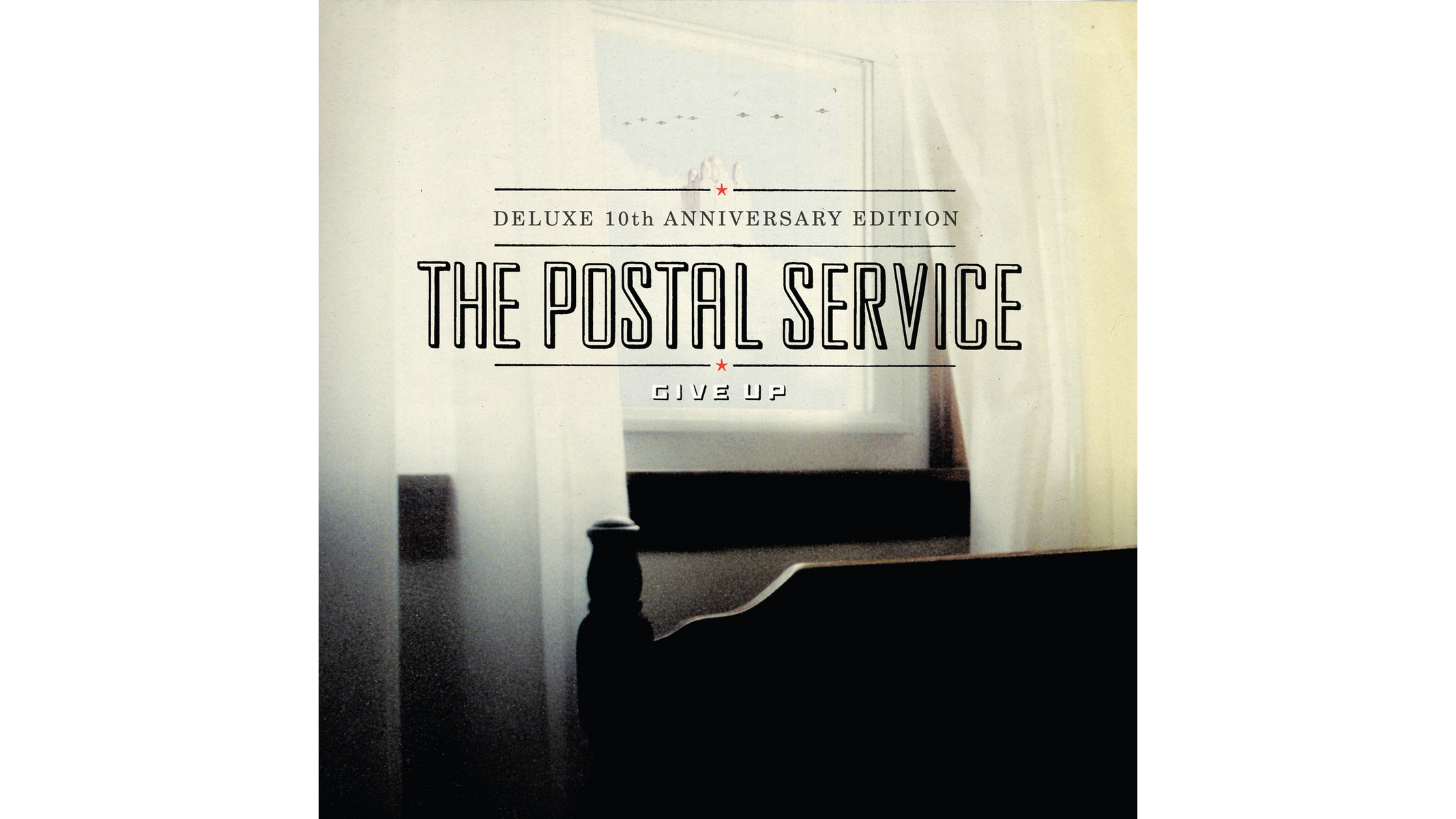
The Postal Service recently teamed back up to take on a 20th anniversary tour of Give Up, playing the album in full, as well as all of Death Cab For Cutie’s breakout LP, Transatlanticism. Does this mean Jimmy and Ben are working on new music together? Probably not.
Fans of the band can mildly rejoice, however, as new remixes of classic tracks have been popping up. With US pop duo Sylvan Esso recently turning in a wonderful take on The District Sleeps Alone Tonight, so do keep your ears open.
For music, documentaries and more, visit the official website.







